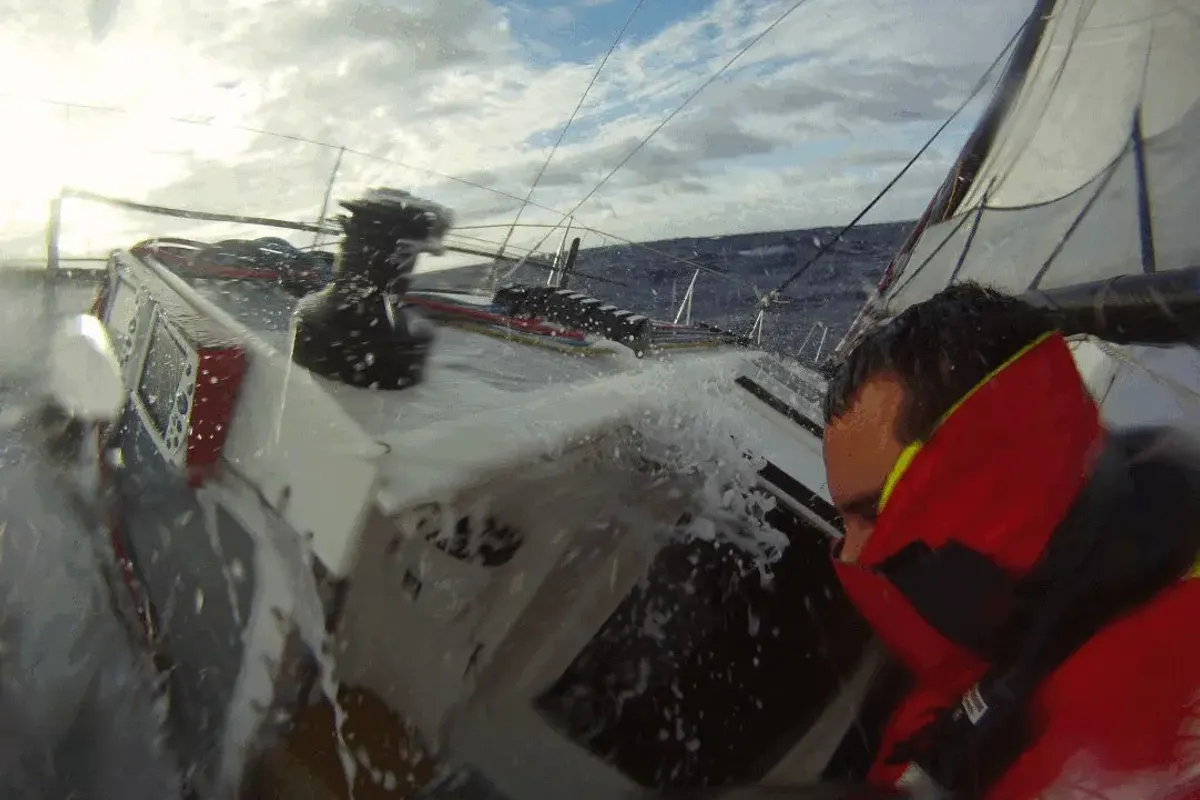How to deal with it and manage it safely.
Seasickness poses major problems when sailing and can become a big risk factor.
Seasickness is caused by the interaction between the organs of balance, the visual and tactile systems and the brain. While being thrown around a boat, our brain cannot reconcile the messages it receives.
It is over-stimulated by conflicting information caused by the continuous acceleration and deceleration. The result is that the brain comes to the conclusion that you have been poisoned!
It therefore induces the body to vomit to get rid of the harmful substances that it imagines have been ingested. It is therefore an instinctive survival reflex, unfortunately useless, because obviously vomiting does not solve the situation in any way.
No one is totally immune, but surely some suffer seasickness more than others. Especially different people react totally differently which is a significant risk factor when sailing with short-handed.
Seasickness can be debilitating - How to avoid it
Avoiding seasickness is possible within certain limits and certainly there are many aspects that can improve or worsen the situation. I'm not talking about what to eat for breakfast or what to do in preparation for a Sunday trip. There are tons of resources that offer diet advice and grandma's remedies. To avoid seasickness you must first understand the causes and act on them.
Only a methodical approach of the skipper and meticulous preparation guarantees the safety of all. When the weather gets bad we are used to seeing stressful scenes, people screaming and a lot of confusion. A trained skipper prevents and never faces these unnecessary additional problems.
Medicines
There are medicines that work by reducing the sensitivity of the organs of balance. Therefore, with the same movement, the messages sent by this organ to the brain are attenuated. Medicines work but usually those who should take them forget to do it in time, making them less effective.
Click here to continue reading on the Global Solo Challenge website
